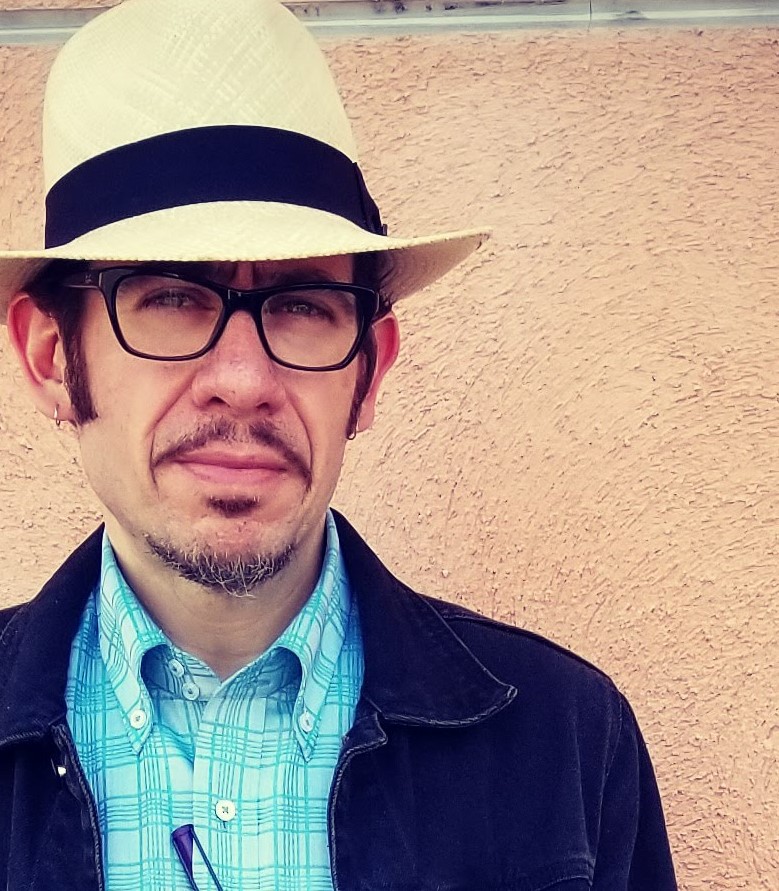Trevize leaned his head back and laughed heartily.
Pelorat’s quiet face took on a trace of hurt. “Why are you laughing at me?”
“Not you, Janov,” said Trevize. “I was laughing at my own stupidity. Where you’re concerned, I am completely grateful. You were perfectly right, you know.”
“To take up the importance of human origins?”
“No, no. —Well, yes, that too. —But I meant you were right to tell me to stop consciously thinking of my problem and to turn my mind elsewhere. It worked.
Asimov, Isaac. Foundation’s Edge (p. 99). Random House Publishing Group. Kindle Edition.
My academic skills class has focused on improving critical thinking the past few weeks. Critical thinking skills come naturally to some students while others have to work at them. When I introduce syllogisms, logical fallacies, and deductive reasoning to my classes, half the students roll their eyes—as though I just insulted their intelligence—the other half stare blankly forward as though I just spoke to them in Koine Greek.
The difference probably stems from background. Students who take quickly to logical reasoning might draw from past experience that has prepared them for it. For instance, STEM students rarely struggle with logic. I remind myself, however, that students struggling now may acquire it down the academic road.
As a teacher, it’s important to remember that if students aren’t “getting it” now, that doesn’t mean they aren’t learning. Teaching is planting seeds—and seeds don’t grow in a day. The gardener might not even live to see the day his seed becomes a tree that bears fruit. In fact, I’ve never seen someone drill a new skill to perfection—practice every single day for a period of time that culminates in mastery. I’ve certainly never done it. Yet, this is what we tell ourselves must happen. If it doesn’t happen, we attribute failure to a lack of perseverance.
In fact, I’ve never seen someone drill a new skill to perfection—practice every single day for a period of time that culminates in mastery.
An entire theory of language learning hangs on this idea—that the unconscious mind has to do the learning. That people learn best when they stop trying to learn.
So, if people don’t acquire skills through forced repetition and grit, how do they acquire them? My answer to this—later. By later, I mean after they quit focusing on the problem. When they move on to other—more difficult skills. When I was younger, a kendo teacher told me that his students’ form always improved when they became too tired to care about their form. This is a fundamental component of learning a musical instrument. Musicians know that you won’t master easy pieces if you never focus on more difficult pieces. From an implicit acquisition perspective, you could say that the greater challenges distract the conscious mind so the unconscious can master other things.
When I learn skills, I drill them for a period of time. Give up. Move on to something else. Come back to them again. Drill them more. Give up again. Move on. Then sometime in the future—usually without my noticing—the skill has become a part of me at an indeterminate time in the past. By the time it happens, I usually no longer care.
Here’s an example:
As an undergraduate music student, I had prepared a showy tremolo piece for my senior recital—an arrangement of “O Mio Babino Caro,” from Gianni Schicchi by Puccini. Tremolo was a technique I struggled with in those years. I had never raised a tremolo piece to a performance level. Still, I wanted it on the program, so, certain with enough time I could overcome the hurdle, I started preparing it a year in advance.
I ground that piece into my fingerboard that year. I had all the notes under my fingers, yet with the recital 2 months away, I still couldn’t sit down and play it from beginning to end without a flub. I nixed it from the program. I put it away and didn’t play it for several weeks. I forgot about it.
Then the week of the recital came, and I was noodling on the guitar and started to run through it, to see how much I remembered. I played it through the first time without a flaw. I chalked it up to a fluke. I played it through again.
After months of practicing, I couldn’t master it until I moved on.


Leave a comment